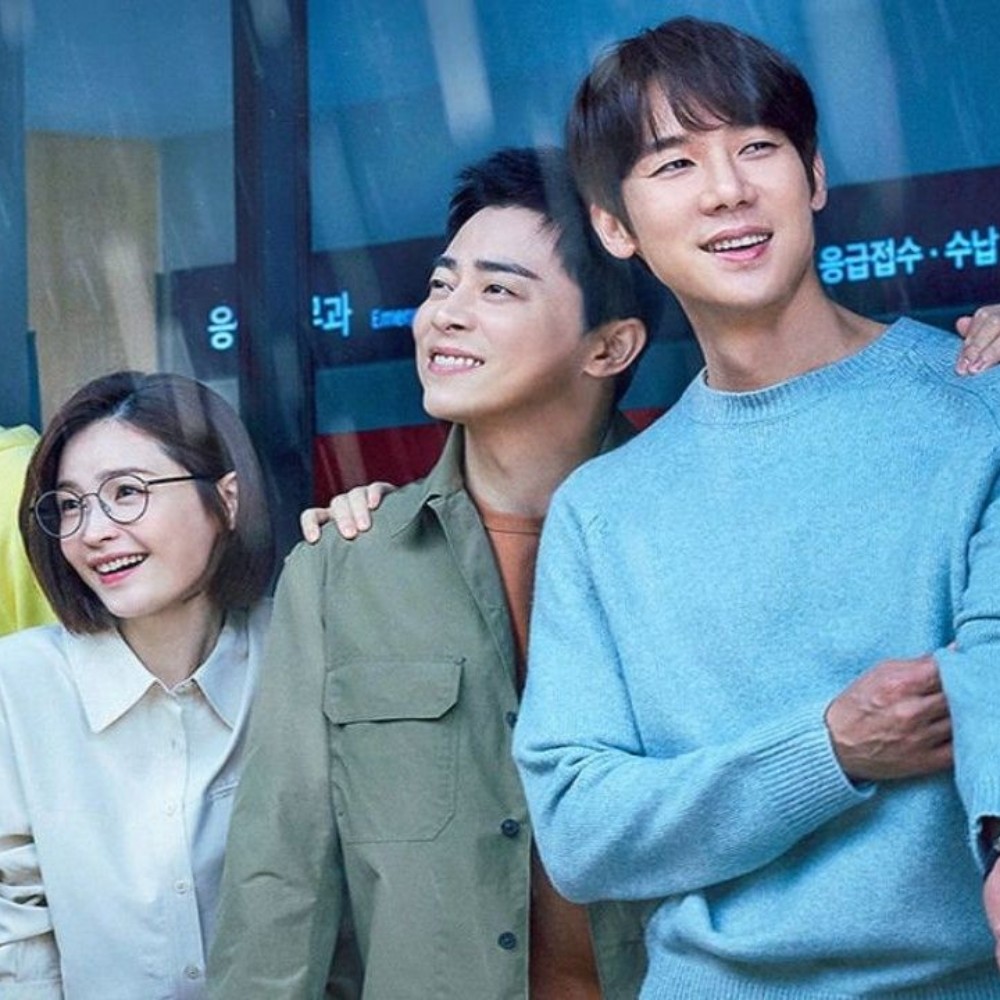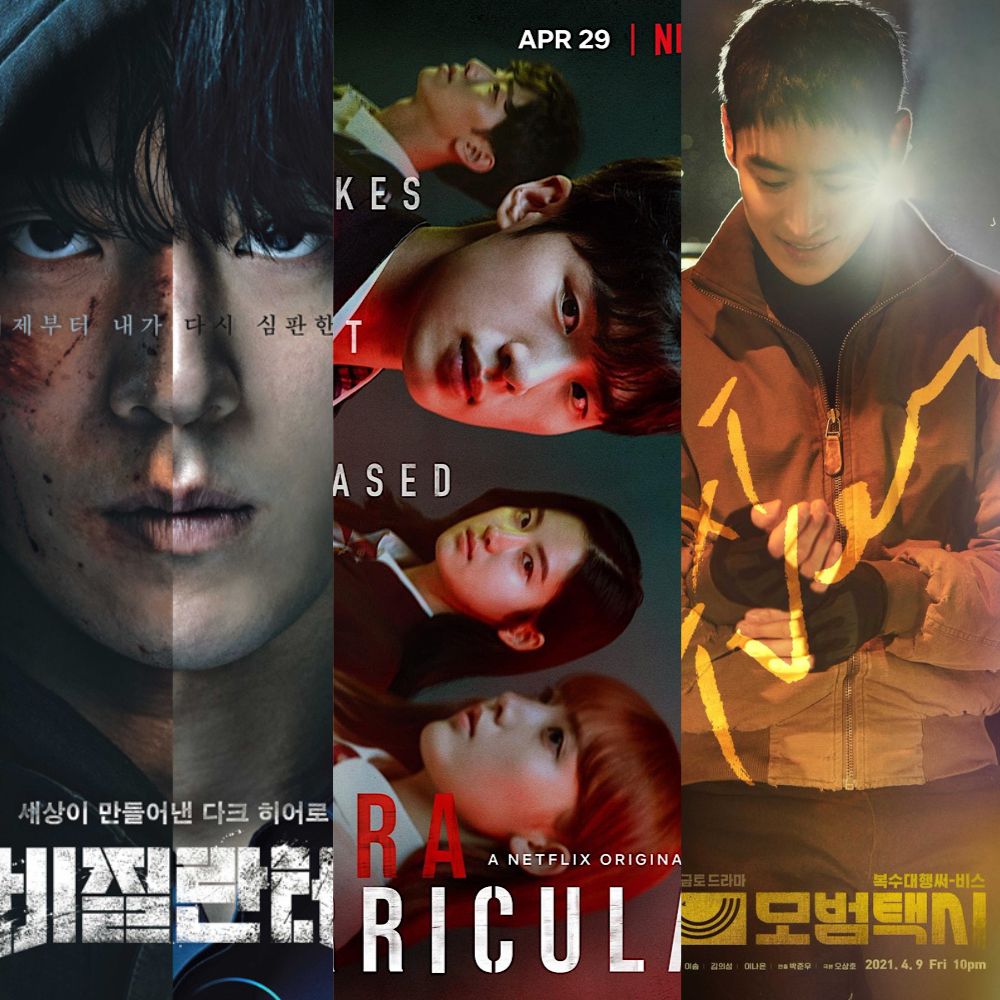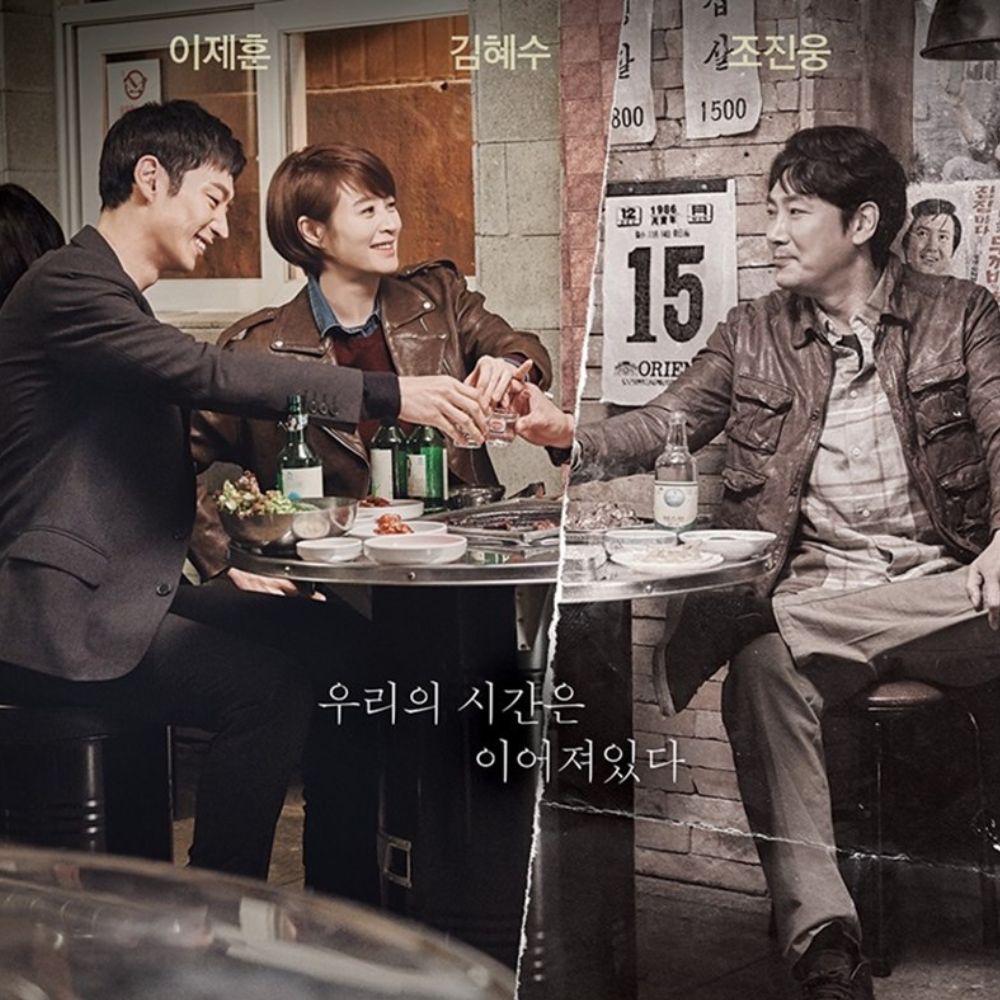Taxi Driver completes 3 years: Why Lee Je Hoon, Esom’s action crime series is perfect commentary on social evils
Taxi Driver season 1 is now celebrating its third year since its premiere. The series effectively highlighted major societal issues through its various storylines.
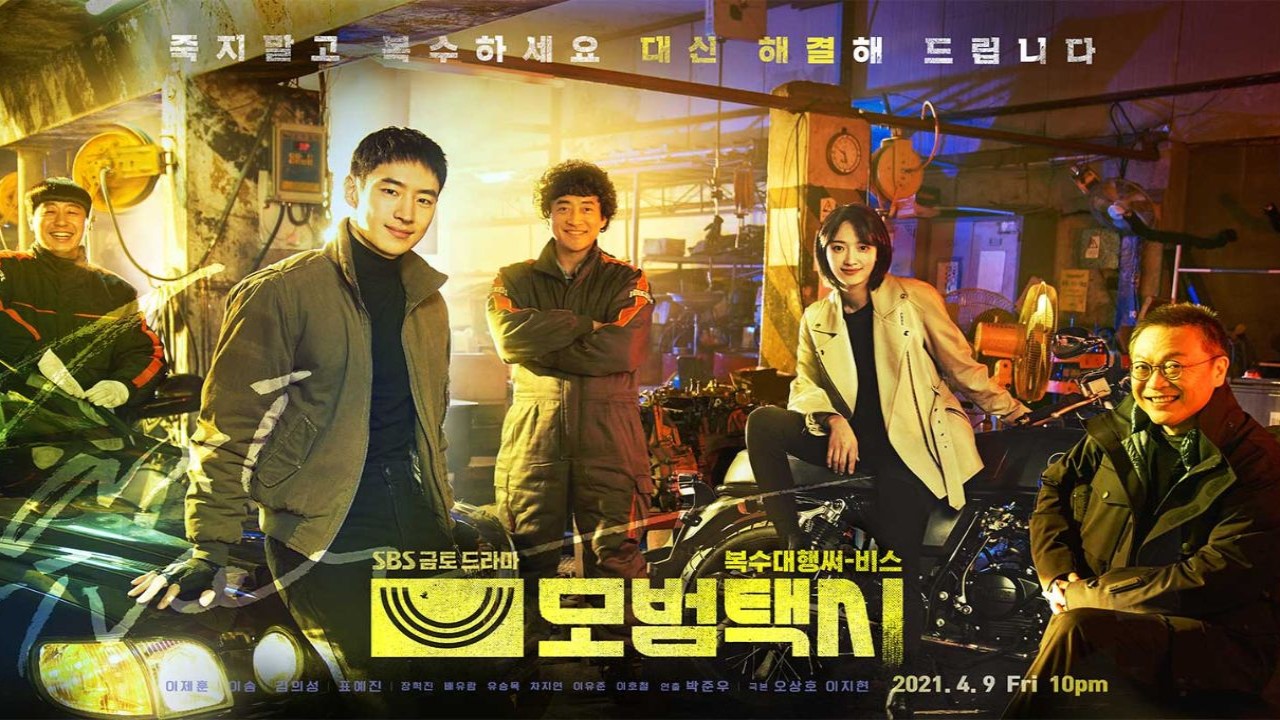
Taxi Driver revolves around Kim Do Gi (played by Lee Je Hoon), a taxi driver who leads a secret life as a vigilante crime fighter. Alongside the taxi company he works for, their mission is to seek revenge on behalf of the oppressed and victims of injustice. Supported by a dedicated team, they meticulously plan elaborate revenge schemes to ensure the wrongdoers face the consequences in the most impactful manner possible. The series even draws inspiration from real-life public cases in South Korea!
Taxi Driver has all the elements of a crime-fighting yet healing drama. As viewers empathize with the victims' unfair issues, there's a refreshing satisfaction in witnessing Kim Do Gi (Lee Je Hoon) and his team come to the rescue, ensuring the perpetrators face consequences.
The most thrilling aspect is witnessing the victims finally attain the peace and justice they deserve, allowing them to move forward with their lives. K-drama series like Taxi Driver are rare gems that captivate audiences with such a compelling plot while maintaining the contemporary aspect of society by employing real life cases.
On its 3-year anniversary, let's look at how a series like Taxi Driver made us look into the actual evils of society through a visual mirror.
Trigger warning: The article contains mentions of violence, suicide abuse and sexual harassment.
The horrifying discrimination against people with disabilities
In the opening scenes of the series, we witness Maria's harrowing experience of discrimination due to her intellectual disability. Born an orphan, she faces further exploitation and abuse, including physical and sexual violence. The crimes depicted are so appalling that the premiere episodes received a 19+ rating. What's even more distressing is the network of evil individuals working together, making it impossible for the victims to escape or seek help from the law.
Even the police are portrayed as corrupt. The first case, involving the exploitation of mentally disabled individuals for slave labor, feels painfully realistic and evokes righteous anger. However, seeing Do Gi exact revenge on these monsters disguised as humans, and ensuring justice for all involved, including those who sold off Maria, is both satisfying and empowering. It sheds light on societal issues surrounding the treatment of disabilities and women.
School bullying
A new client of Rainbow Taxi faces severe bullying in high school, prompting Kim Do Gi to assume the identity of a temporary math teacher named Hwang In Sung in order to investigate the matter. By portraying himself as a naive and unassertive individual, he becomes an easy target for the bullies.
The viewers are left shocked by the sheer cruelty displayed by the bullies, who go to extreme lengths such as throwing their classmate in front of a motorcycle for their own gain. They show no hesitation in tormenting not only their fellow students but also the teachers, relentlessly targeting the unsuspecting Hwang In Sung. Despite the actions of the adults, the bullies become increasingly audacious, displaying remorseless behavior that can only be compared to that of monsters. Their actions elicit genuine outrage and frustration from the viewers.
The best part of those episodes for viewers was Rainbow Taxi's revenge against the bullies. Kim Do Gi's clever plan was so enjoyable that it made viewers laugh many times! It felt really good to see him make the bullies feel exactly what their victims went through even though they are minors.
They deserved that understanding that just because one is young and rich they shouldn't get a free pass to everything. It was great that the show didn't excuse the bullies' actions just because they were young. It showed that school violence is serious and shouldn't be ignored.
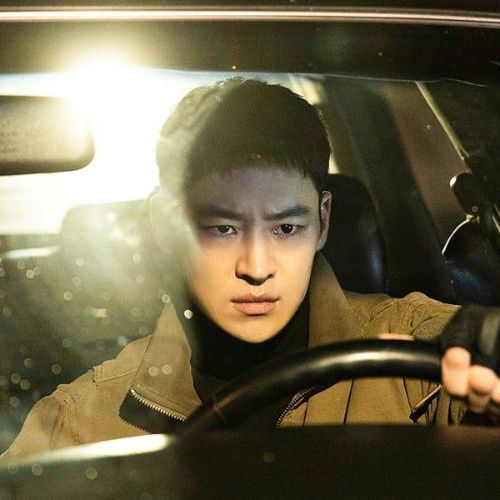
Workplace harassment and illicit video distribution
Starting from the fifth episode, viewers are introduced to U-Data, a company that brutally punishes its employees through physical assaults. Kim Do Gi goes undercover to uncover more about U-Data, only to discover that the company is involved in illegal activities such as selling illicit videos.
The chairman of U-Data, Park Yang Jin, is depicted as deranged, seeing himself as a hero while subjecting his employees to ridicule and justifying his actions with money. He even resorts to physical abuse, sometimes nearly killing his victims. However, the corruption within U-Data runs deeper, particularly within its strategic planning office, which is revealed to be the hub for uploading illegally filmed adult videos.
Go Eun's sister becomes one of the victims and later dies by suicide. Rainbow Taxi faces challenges as they attempt to dismantle U-Data and seek revenge against those responsible for their despicable actions.
Rainbow Taxi's destruction of the data center serves as the satisfying climax both for Ahn Go Eun and for viewers, marking a pivotal moment in the drama's first half. What makes it even more impactful is that this event is inspired by a real-life incident in South Korea.
The U Data case in Taxi Driver parallels the abuse that occurred at WeDisk, a cloud storage company run by CEO Yang Jin Ho. In 2018, videos of Jin Ho's abusive behavior went viral, including instances of him physically assaulting employees and forcing them into cruel acts such as killing chickens with a crossbow. Further investigations revealed that Jin Ho exploited WeDisk to spread illicit videos. In Taxi Driver, Yang Jin engages in similar reprehensible behavior, forcing girls to film illicit videos.
The incidents depicted in Taxi Driver, including this one and several others, are inspired by real-life events, serving as a mirror to the darker aspects of humanity where sadistic behavior prevails for personal gain. These social evils are unfortunately prevalent in society, and the show serves as a stark reminder of their existence.
The horrifying events portrayed in the series, such as the torture of employees and the exploitation of women in illegal filming, mirror the disturbing headlines we often see in newspapers. Even the phishing incident covered in another episode, while less severe, reflects a prevalent crime that occurs in real life. Through its storytelling, Taxi Driver sheds light on these issues, urging viewers to confront and address the realities of the world we live in.

Taxi Driver transcends the conventional good versus evil narrative. The methods employed by Do Gi and Rainbow Company for revenge may not be morally justifiable, but the series delves into deeper themes surrounding the flaws in our justice system and the complexities of human morality and cruelty. It's a thought-provoking exploration of society, humanity, and the workings of the world. Through dark moments infused with humor, the show effectively delivers its message, prompting viewers to reflect on societal issues. Despite being centered around a taxi driver as the main character's disguise, Taxi Driver surprised as it broke many records with its impact and success, challenging expectations and offering a thought-provoking narrative.
Stay updated with the latest Hallyu news on: Instagram, YouTube, Twitter, Facebook and Snapchat





 JOIN OUR WHATSAPP CHANNEL
JOIN OUR WHATSAPP CHANNEL













